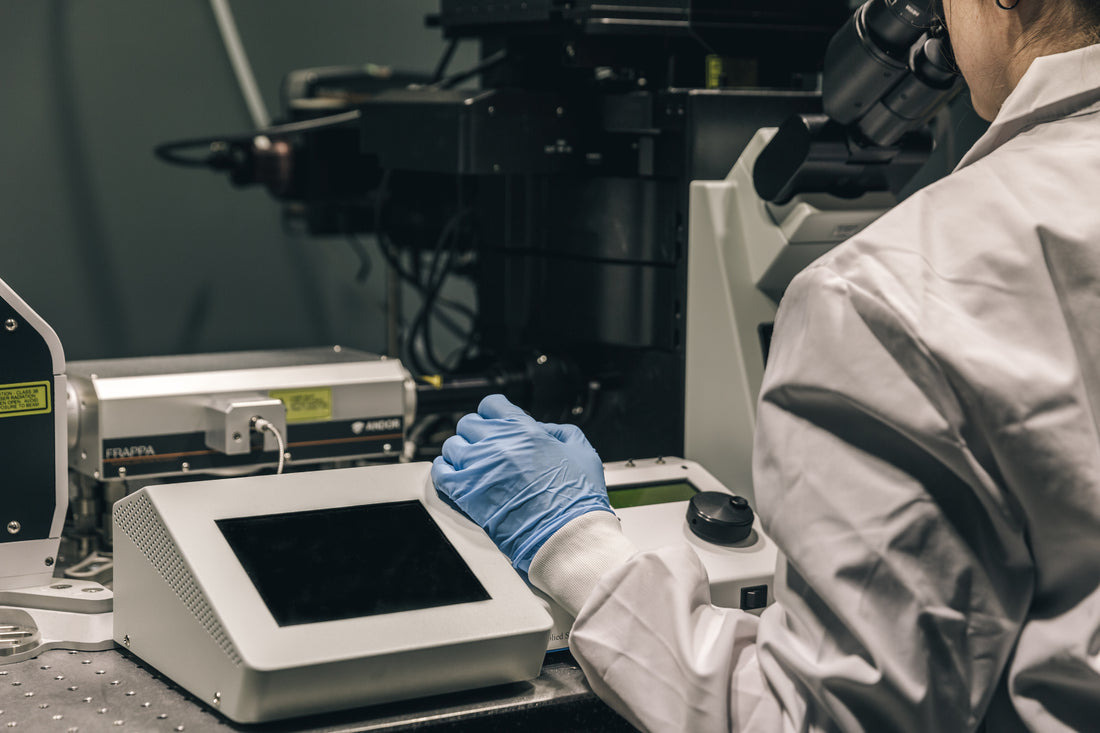
What is Gut Microbiome Testing
Share
The Science Behind Gut Microbiome Testing
Gut microbiome testing is a cutting-edge diagnostic tool used to analyze the bacteria, viruses, and other microorganisms in your digestive tract. This test provides insights into the composition of your gut microbiome, identifying both beneficial and harmful bacteria. With this information, healthcare providers can help you restore balance in your gut, which is essential for overall health, digestion, immunity, and mental well-being.
How Gut Microbiome Testing Works
Gut microbiome testing typically involves providing a stool sample, which is then analyzed in a lab to determine the types and amounts of microorganisms present in your gut. The test looks for:
- Bacterial Diversity: A diverse microbiome is associated with good health, while an imbalance can lead to conditions like IBS, bloating, and even autoimmune diseases.
- Pathogenic Bacteria: The test identifies harmful bacteria, fungi, or other microorganisms that could be causing issues such as infections, digestive disorders, or inflammation.
- Gut Health Markers: Advanced tests also measure specific markers that can indicate inflammation, gut permeability (leaky gut), or other imbalances in the digestive tract.
Why is Gut Microbiome Testing Important?
Understanding the composition of your gut microbiome can have far-reaching implications for your health. Some of the reasons why gut microbiome testing is important include:
- Personalized Health Insights: The test provides detailed, personalized information about your unique gut microbiome, helping you and your doctor make targeted decisions about your diet, supplements, and overall health strategies.
- Optimizing Digestion: If you suffer from digestive issues like bloating, constipation, or IBS, microbiome testing can identify imbalances that contribute to these problems.
- Immune System Function: Your gut microbiome is deeply connected to your immune system, making it a key player in preventing infections, allergies, and autoimmune diseases.
- Mental Health and Well-Being: The gut-brain axis is a direct link between gut health and mental health. An imbalanced microbiome may contribute to mood disorders, anxiety, and even depression.
How to Interpret Gut Microbiome Test Results
Once you receive your test results, it’s crucial to work with a healthcare provider who can help interpret the findings. The test may show an overgrowth of harmful bacteria, a lack of diversity, or other imbalances in the microbiome. Your provider can then recommend a personalized plan to address the imbalances, such as:
- Dietary Modifications: Including more prebiotic and probiotic-rich foods to help support healthy bacteria growth.
- Probiotic Supplements: Restoring healthy gut bacteria through supplements can help address specific imbalances.
- Lifestyle Changes: Stress, sleep, and physical activity all influence your microbiome, so making positive changes in these areas can have a significant impact.
Conclusion: Unlock the Potential of Your Microbiome
Gut microbiome testing offers valuable insights that can help optimize your health, digestion, and overall well-being. Whether you're struggling with chronic digestive issues, immune system problems, or mental health concerns, testing can provide clarity on what’s happening inside your gut. By understanding your microbiome, you can take proactive steps to improve your health, restore balance, and achieve a better quality of life.

